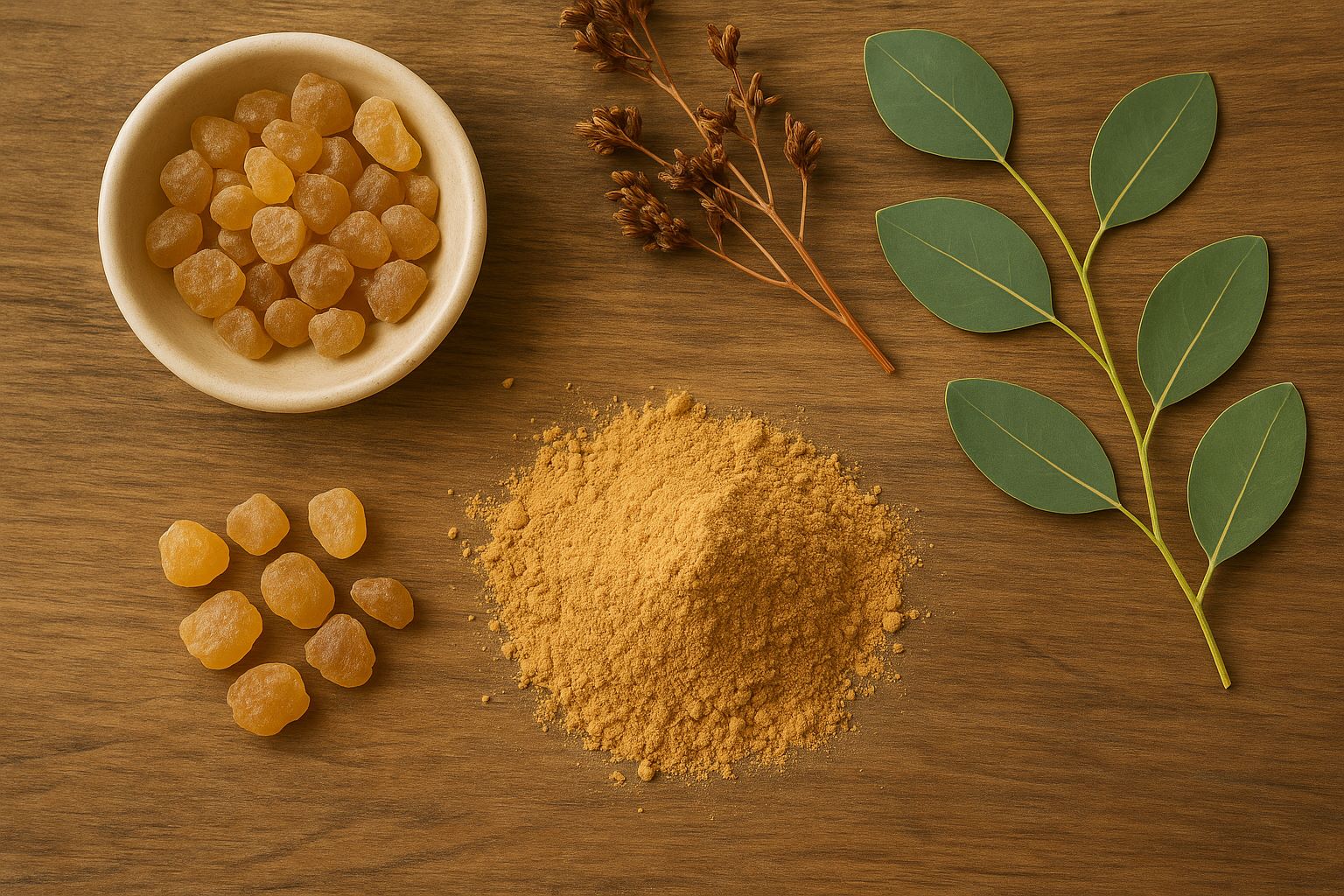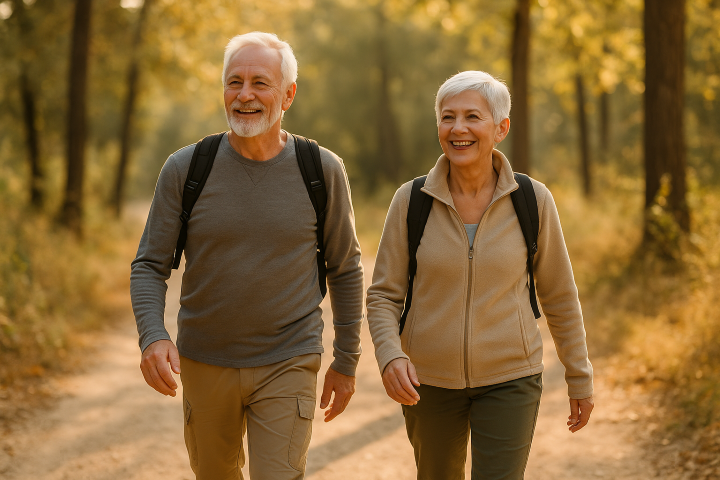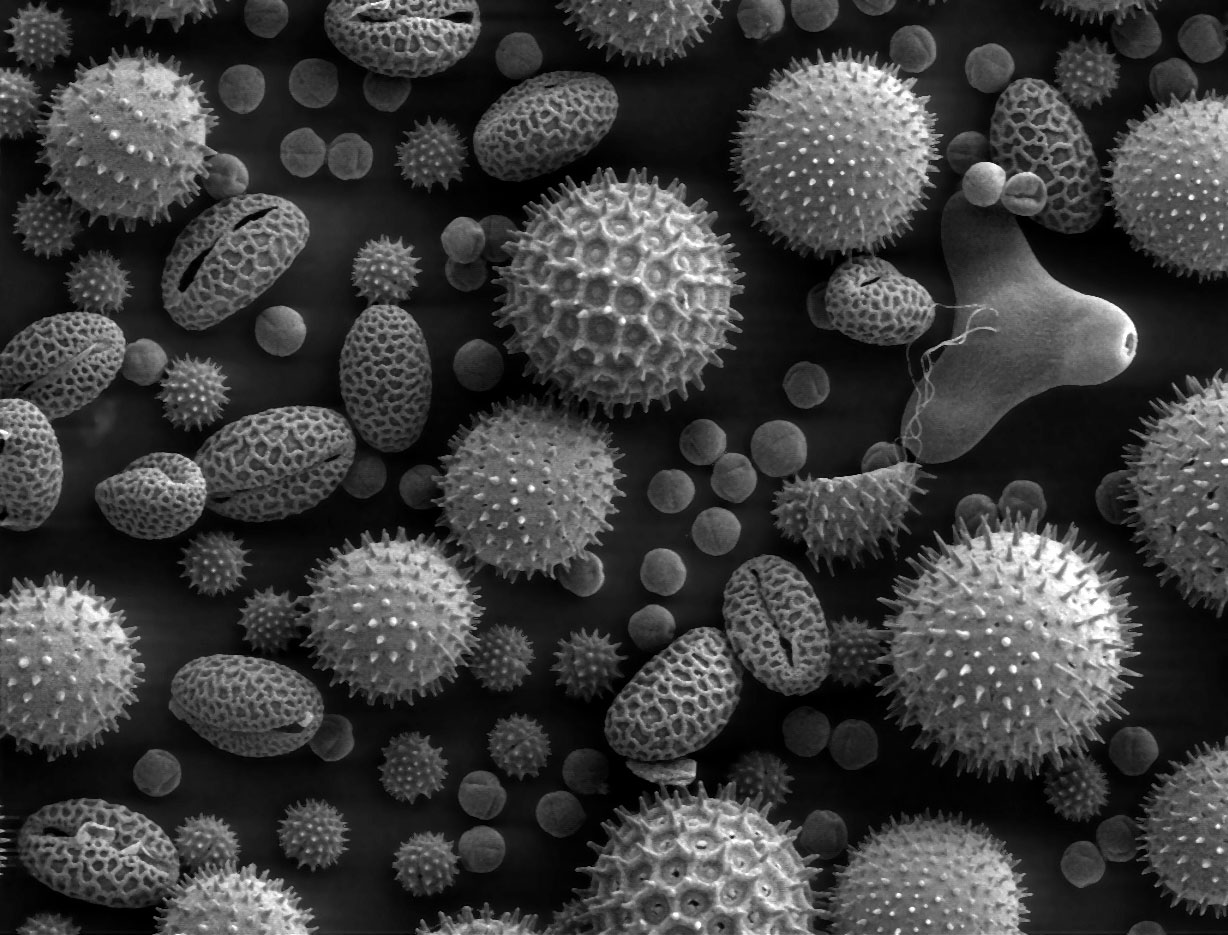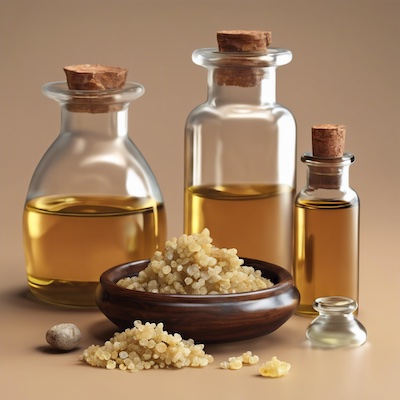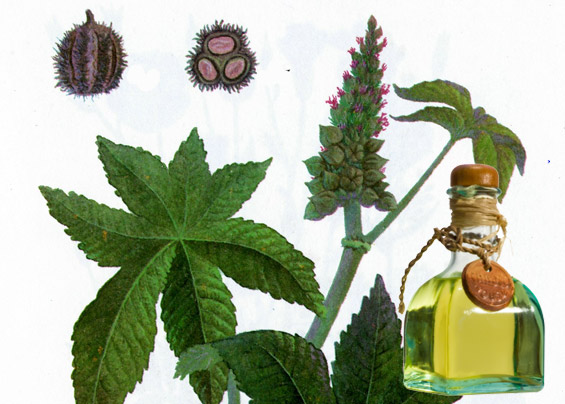Joint pain affects an increasing number of people, especially after the age of 50. The causes can include aging, excessive strain, injuries, or inflammatory diseases such as arthritis. While medications can help during episodes of severe pain, many people seek natural solutions that act gently yet effectively — without side effects and with long-term results.
1. Light physical activity – boosts circulation and reduces stiffness
Regular but moderate movement is key to joint health. Activities such as walking, swimming, cycling, or light stretching stimulate circulation, strengthen muscles, and reduce stiffness. Even 15 minutes a day can make a significant difference.
💡 Tip: Choose low-impact exercises such as swimming or walking. Avoid activities that involve sudden movements, jerks, or heavy strain on the joints.
2. Warm and cold compresses – relax muscles and reduce swelling
Warm compresses improve circulation and relax tense muscles, while cold compresses help with acute pain and inflammation by reducing swelling.
The best effect is achieved by combining both:
➡️ 10 minutes of a cold compress, followed by 10 minutes of a warm one.
This method provides quick relief and improved joint mobility.
3. Dietary supplements with frankincense and myrrh
Frankincense (Boswellia serrata) and myrrh (Commiphora myrrha) have been used for centuries in traditional medicine. Scientific studies have shown that extracts of frankincense and myrrh have a positive effect on inflammatory processes in the joints, thus supporting better mobility.
They are most effective when taken orally, as absorption is highest in that form. An example of such a supplement is Renarthro® capsules containing frankincense, myrrh, and colostrum.
Regular use of supplements with these ingredients has been shown to help reduce stiffness, pain, and inflammation, and they are often used by people suffering from osteoarthritis or rheumatoid arthritis.
4. Massage of the affected area – instant relief and a feeling of freshness
Massage improves blood flow and helps deliver active ingredients from topical preparations directly to sore or sensitive joints.
Renarthro® gel contains frankincense, myrrh, menthol, and eucalyptus – natural ingredients that together provide fast and refreshing relief.
Its unique formula creates a simultaneous cooling and warming effect, helping to:
💡 Tip: Apply the gel to the affected area 2–3 times daily using circular motions, especially after physical activity.
5. Adequate water intake and omega-3 fatty acids
Joints require sufficient hydration to stay elastic and to prevent friction between the cartilage surfaces. A lack of water often leads to stiffness and pain.
Additionally, omega-3 fatty acids (found in fish, flaxseed oil, or dietary supplements) support joint health and help reduce inflammation.
It is recommended to eat fish at least twice a week and/or take omega-3 supplements from a verified source.
💡 Tip: Drink at least 1.5 to 2 liters of water daily and include fish in your diet at least twice a week.
Conclusion
A natural approach to joint care can bring long-term benefits. By combining light exercise, proper nutrition, dietary supplements, and massage with Renarthro® gel, you can ease pain and improve joint mobility day by day.
💪 Include Renarthro® in your daily routine — and move without pain!


